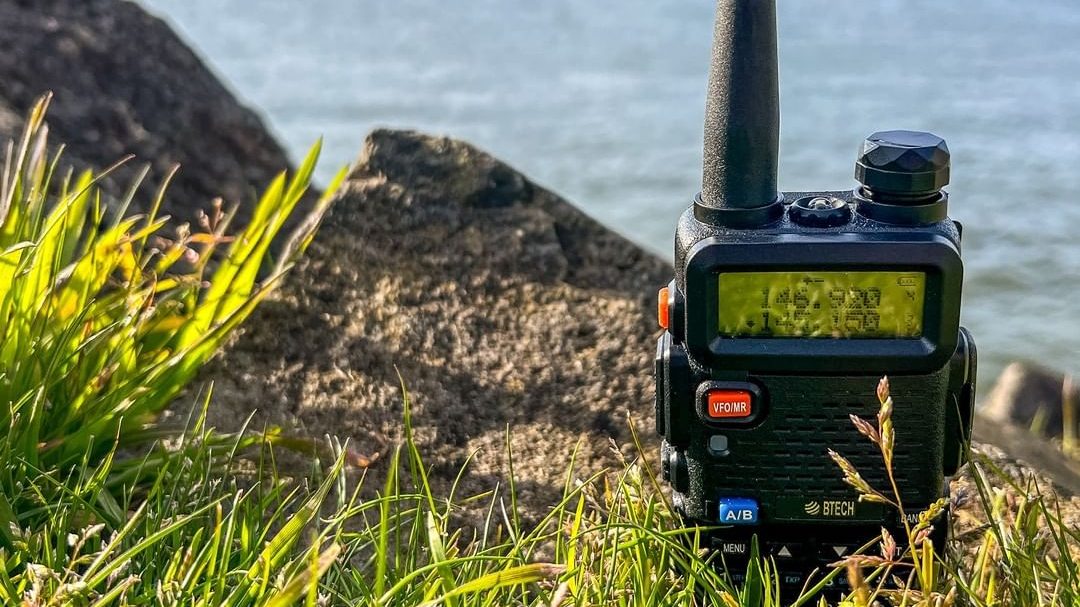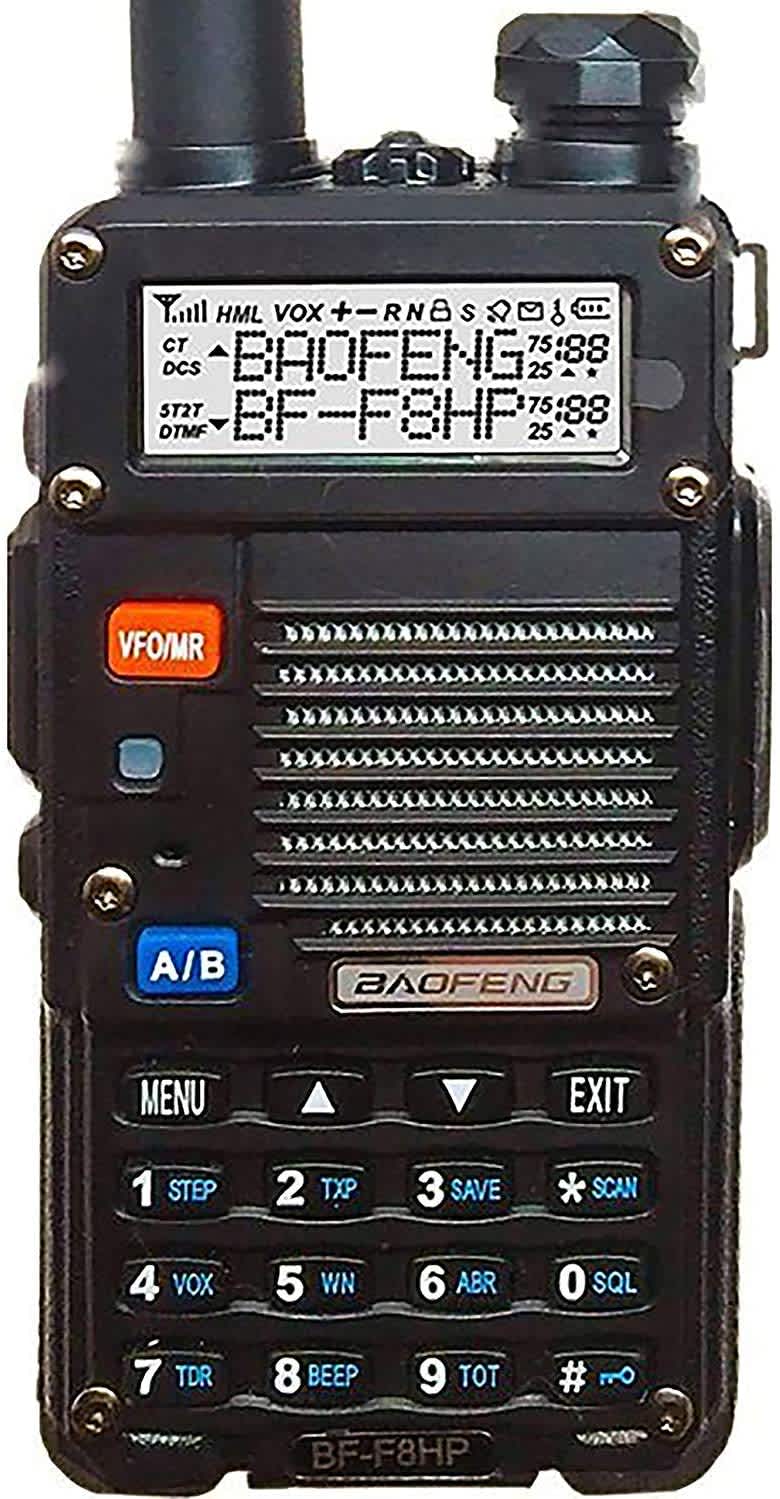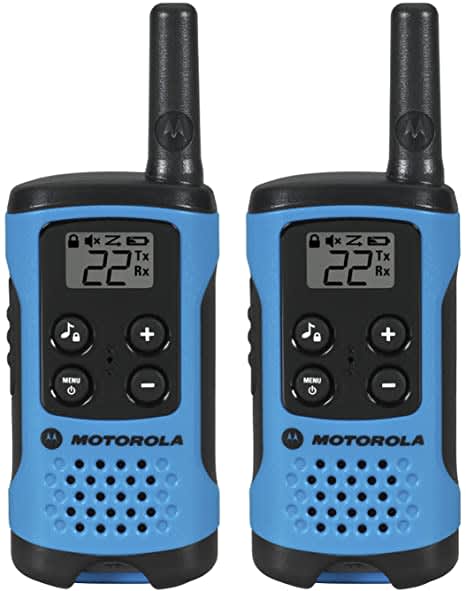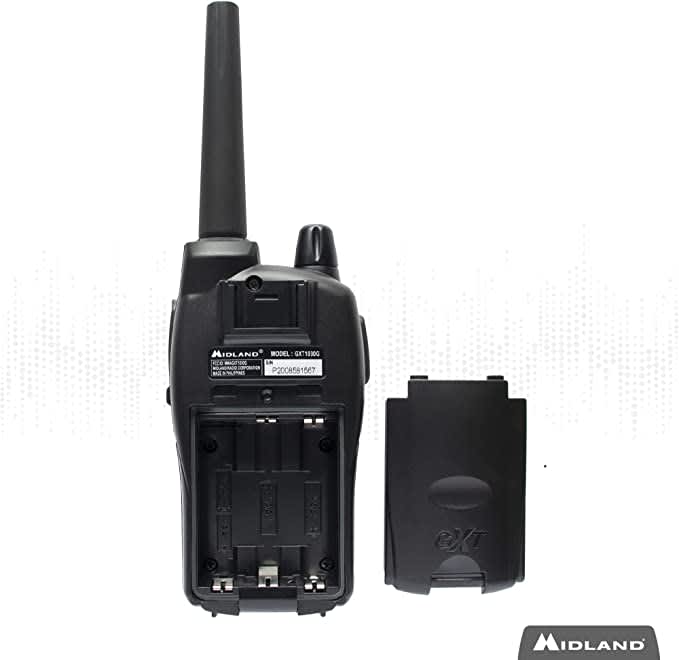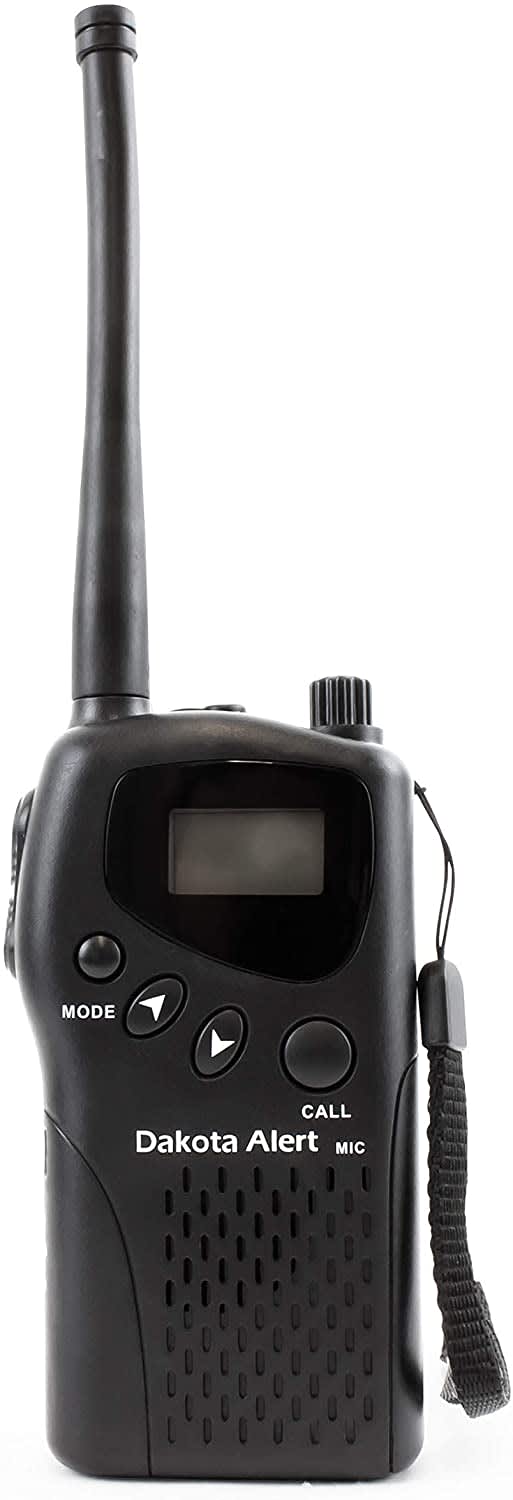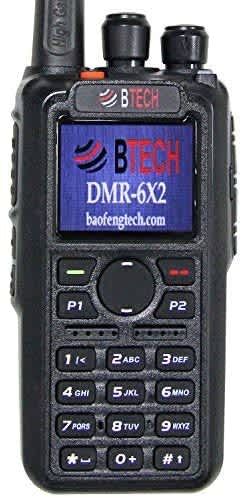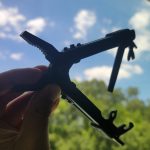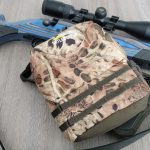Staying Connected: The Best Two-Way Radios for Talking Off-Grid
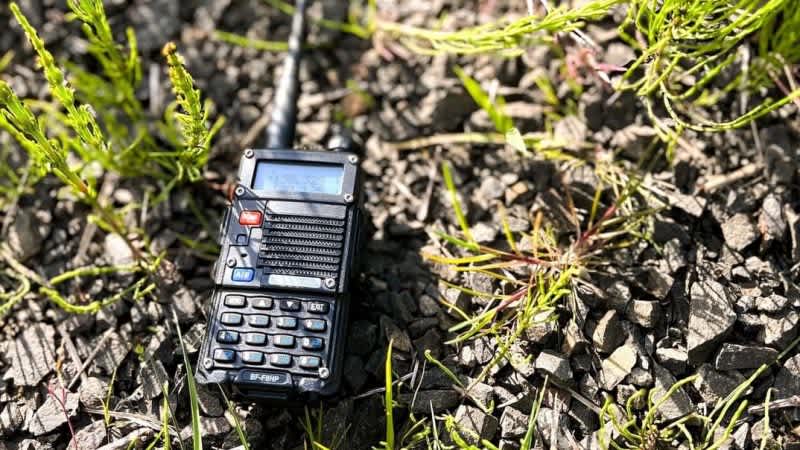
1. BAOFENG BF-F8HP (UV-5R 3rd Gen)
The Baofeng family of radios is very popular worldwide. You’ll often see them being used everywhere including casual Airsoft players who want to simulate military communications, as well as warehouses and other large complexes where cell phone service may be restricted, limited, or inconvenient. Earlier generations of the UV-5R were not so limited in their frequency range and this could cause people to get in trouble with the FCC for breaking into restricted radio frequencies outside of the FRS range. However, newer versions of the UV-5R like the BF-F8HP have completely eliminated this possibility but they are still quite useful and when equipped with the right accessories can have great range and battery life to get you through a week of camping communications.
2. Motorola T100 Talkabout Radio
A simple and affordable solution without a lot of complicated options, the Motarolla T100 Talkabout radio is a great cheap option for driving caravans and camping parents who want to keep tabs on their kids when at a public campground. These radios aren’t flashy or tactical looking but they are quite durable and have great battery life and use commonly available AAA batteries to power each of the radios. Honestly, the best feature of these radios is their superb durability from inevitable drops bumps, and scrapes. Even if they do break, you won’t be out but $40 for the entire set and they are easily replaceable and won’t require a bunch of complicated setups to pair with your older radios.
3. Midland GXT1000VP4
This two-way radio set combines both the durability of the Motorola option, with the range and rechargeability of the Baofeng option. The Midland GXT1000VP4 set comes with rechargeable battery packs, a pair of boom mic headsets for handsfree communication and are both waterproof, and capable of communicating on both FRS and GMRS channels as well as access to the NOAA Weather Can and alert system for keeping track of severe weather when out camping or hiking.
4. Dakota Alert M538-HT MURS Wireless VHF Transceiver
MURS radios are a bit odd in the grand scheme of things but they can still be quite useful especially if you’re not in a congested radio traffic area. MURS radios give you access to about 5 channels with a further 38 privacy sub-channels that allow you to keep your conversations private or to keep busier channels less congested with idle chatter or irrelevant information. These little radios aren’t the most feature-rich but they will last about 40 hours on a single charge and they are stupid simple to use.
5. BTECH DMR-6X2
Similar in form, function, and features to the Baofeng series (because it basically is) but with much more range and a better display are the BTECH DMR-6X2 FRS/GRMS radio. The BTech DMR-6×2 is excellent value for the money (particularly since supplied with two batteries), providing all the DMR features desired, in a physically solid package that has good sound quality, receive and transmit. It is made by AnyTone, on the same hardware as their 878, and differs only in firmware and surface details – important because AnyTone is one of the higher quality Chinese manufacturers and QUITE POPULAR. This last means that there are many users of this radio “family”, with lots of online advice (some of it even accurate!), pre-programmed code plugs are available to download for many metropolitan or regional DMR repeater networks, etc.
The BTech version shares 95+% of its programming and menus with the AnyTone 878 series, and can even accept code plugs programmed for the 878. You will have a popular radio that is well supported.
Do you need a license to operate two-way radios?
The most popular types of personal radio services are Citizens Band Radio Service, Family Radio Service, General Mobile Radio Service, Low-Power Radio Service and Multi-Use Radio Service. Of these types of services, only General Mobile Radio Service requires an FCC license to operate.
What is FRS Raido Service?
FRS or Family Radio Service FRS allows two-way voice communications over short distances (generally less than one-half mile on the 0.5-watt channels and up to two miles on the 2-watt channels, depending on conditions). An FRS unit looks and works much like a walkie-talkie. There are older, dual-use, FRS-General Mobile Radio Service (GMRS) units, but you may legally use only the FRS channels unless you have a GMRS license. The label on the unit or the operations manual should indicate the service the unit is certified for. FRS-only units transmit at lower power levels and have antennas that are integrated with the unit; GMRS units transmit at higher power levels and may have detachable antennas. Note that dual-use FRS-GMRS radios may no longer be sold. FRS Radios are 100% legal to use across the entire United States and all of its territories.
What is GMRS?
GMRS is a land-mobile radio service available for short-distance, two-way communications. A GMRS system is made up of station operators and a mobile station consisting of one or more mobile units. It may also include one or more land stations. Some land stations operate as repeaters, thereby extending the range of GMRS mobile units. New GMRS licenses are granted only to individuals, but GMRS licenses granted to non-individuals (such as businesses) before July 31, 1987, can be renewed if certain conditions are met. A GMRS system may legally be operated only with an FCC license. The individual licensee is responsible for the proper operation of the GMRS system. A licensee may permit his or her immediate family members to operate the GMRS system. You can apply for a GMRS license online, or by filing FCC Form 605. The FCC sets license filing fees annually, and licenses are granted for 10 years.
We are committed to finding, researching, and recommending the best products. We earn commissions from purchases you make using the retail links in our product reviews. Learn more about how this works.

